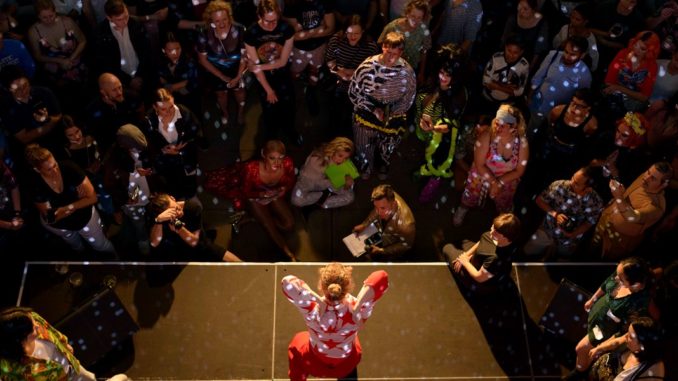
As the coronavirus outbreak erupted in Australia, the federal government announced a shutdown of non-essential services and gatherings on 22 March — restaurants were only allowed to provide takeaway service, entertainment venues were closed until further notice, and people were forced to practice social distancing.
Fortunately, with the strict implementation of coronavirus control measures, the number of confirmed new cases dropped sharply across Australia, and Prime Minister Scott Morrison revealed a three-stage plan to lift the lockdown by July.
Despite the efforts in fighting the pandemic, the national lockdown has a devastating impact on community groups due to the postponement and cancellation of social events. A recent study shows that the LGBTQI community is particularly vulnerable in this unprecedented situation as LGBTQI individuals are suffering more from loneliness and discrimination.
Luckily, they have found a way to overcome the difficulties — bringing the events into the digital world.
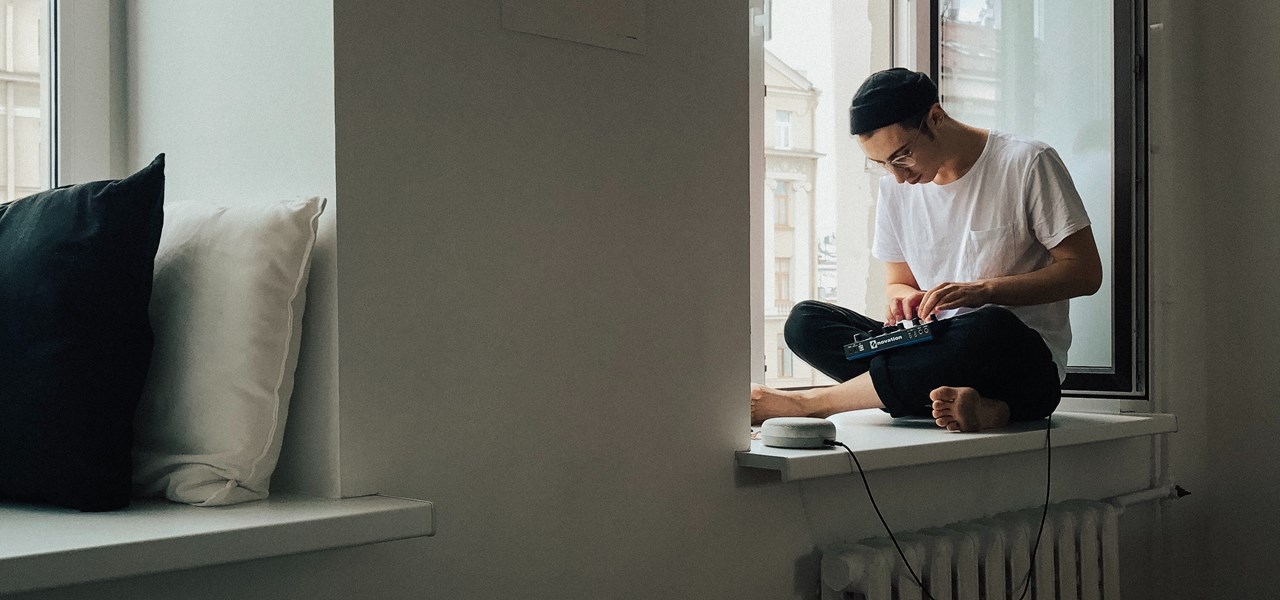
Living in Queerantine — Expressions of Interest
Put forward by Midsumma, Living in Queerantine — Expressions of Interest provides a virtual platform for queer artists to celebrate LGBTQI culture by expressing artistic ideas and sharing creative projects during the period of isolation. Through the EOI process, the 10 best artists are selected to receive monetary rewards to create greater pieces of art that can engage through Midsumma’s digital hub.
“I wanted to promote a stimulus for the queer community and queer artists,” said Patrick Hayes, Program Manager of Midsumma. “Although we can still contact digitally, there’s still a sense of loss and isolation that reminds me of being in a crowded room when I was 17, going through my own sexual identity crisis, and I thought it’d be really interesting to explore those ideas and those concepts.
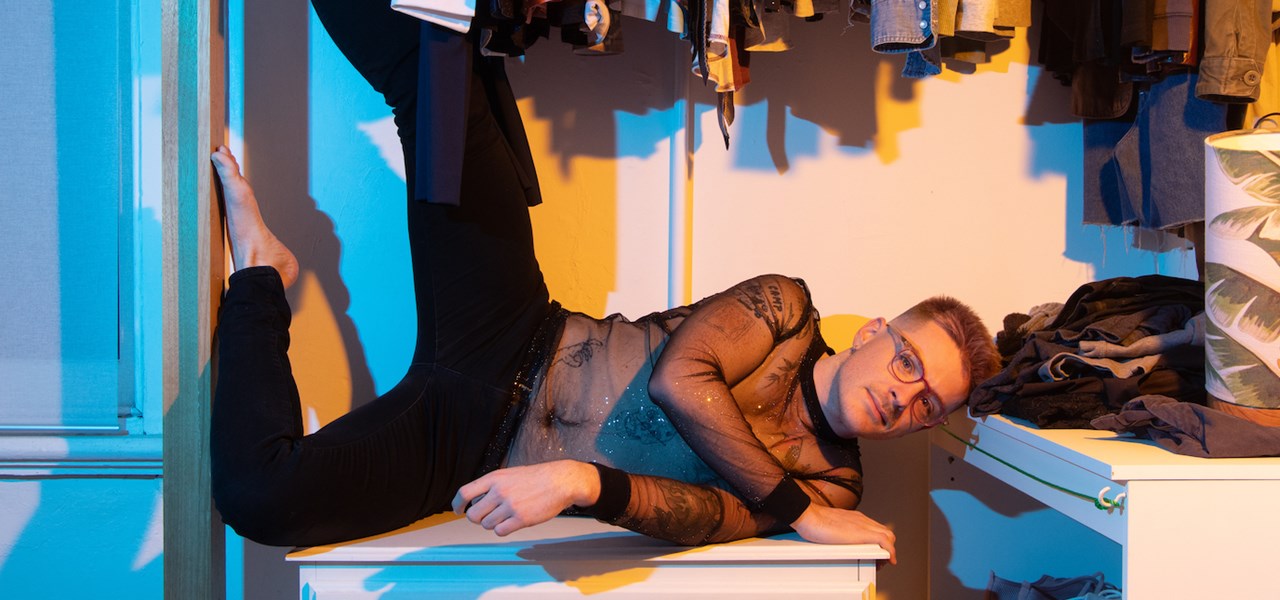
“There’s been such a big response, we’ve had about 77 applications for the project, and there are a lot of really strong quality works within that. I think there are a lot of ideas as well that will hopefully go on to foster different works in the future, even if they’re not part of Queerantine.”
The ultimate message that Queerantine is trying to convey is to improve the visibility of the LGBTQI community. “At the moment, we’re not seeing each other, we’re not being seen,” Hayes said. “We came from feeling different, alone, strange, but we’re not. We are normal, we are here, we are in a group. We have so many other people who have the same experience and moments.
“You’re not alone because you want to be distracted, here’s something to distract you. You’re not alone because you’re sad and depressed, and here are other artists who are exploring that as well. Like it’s just going, all those things that you’re feeling, the community is feeling as well.”
Queer artist Sophie deLightful rewrote the lyrics to focus on her desire to make love to anyone
LGBTQI Awareness — Online Training
Aiming at promoting LGBTQI inclusion in the workplace, Pride in Diversity put forward an extensive curriculum of training and enablement that supports employers in their pursuit of LGBTQI cultural inclusivity. As a part of the training program, the LGBTQI awareness online training provides professional guidance for members to attract and retain LGBTQI talent.
“If you want collaboration, if you want innovation, if you want productivity, during this time of change, you gotta connect your people,” said Mark Latchford, Pride in Diversity’s Associate Editor. “Connecting regularly to your LGBTI community is important, it will lead to a strong commitment from your employees. It’s also the right thing to do, the right thing for their health and well being, and the right thing for you to keep them if they’re good.”
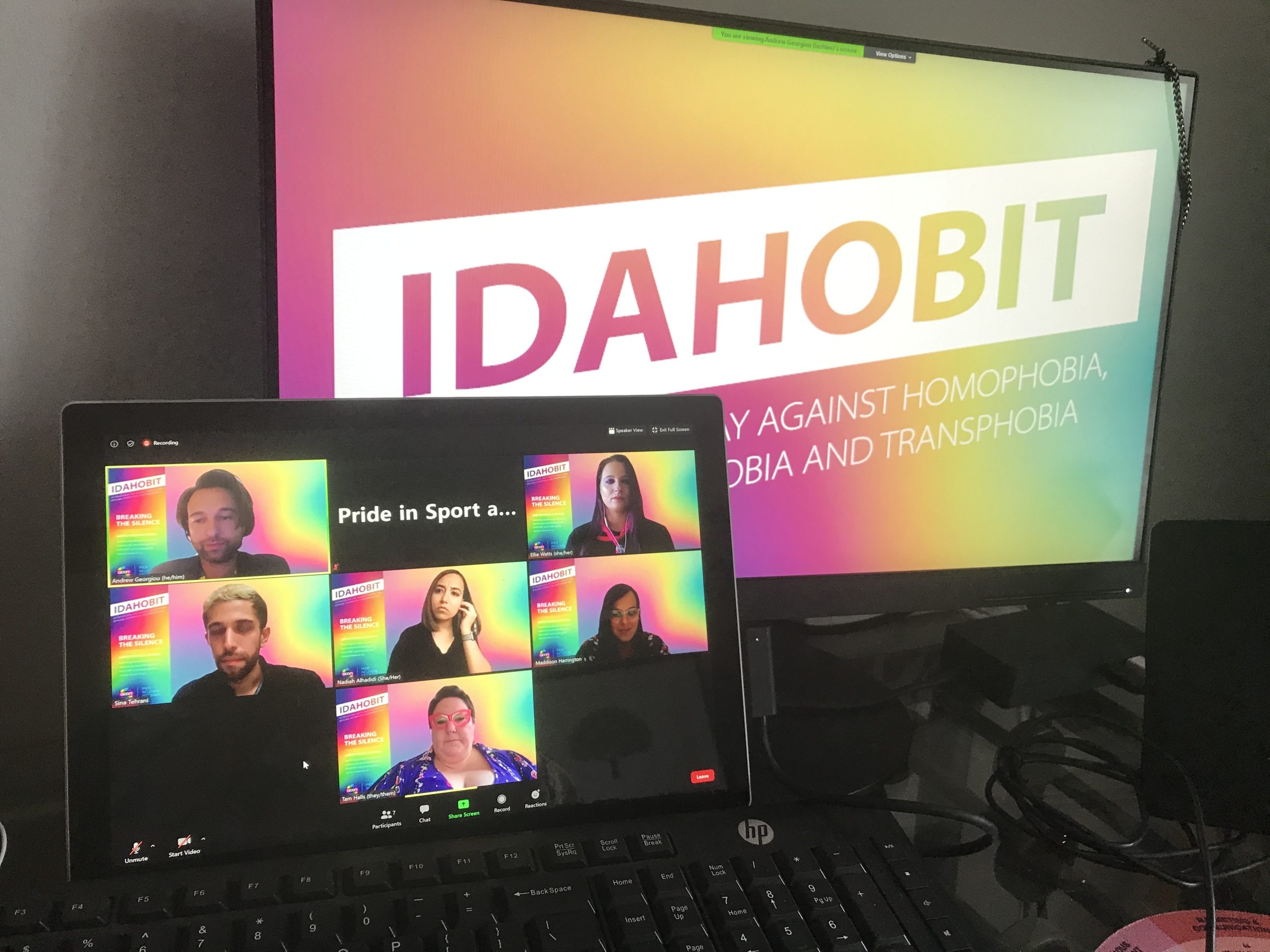
The LGBTQI awareness training is essential for employers because it can help them “dig things up better”. “If you have the best people, you’re the best organisation,” said Latchford. “ Why would you not spend a little bit of effort making it inclusive for LGBTI if you want the best talent?
“If you do inclusion, for the LGBTI community, that particular demographic, is more productive and more innovative. If I do the right thing for the LGBTI people, I do the right thing probably for indigenous people or culturally diverse people, or disabled people or women.”
#LGBTQ #SEXUAL #HARASSMENT IN THE #WORKPLACE
Join @PrideDiversity @prideinsport @prideHW as we share findings and recommendations from the 'Respect @ Work' report and 2020 #AWEI Employee Survey.
Register here: https://t.co/ZGtsxaQPQb pic.twitter.com/GHuL2UYeGN
— PRIDE IN DIVERSITY (@PrideDiversity) May 26, 2020
Virtual Events: Opportunities and Challenges
By incorporating digital aspects, LGBTQI organisations can provide the queer community with better physical experiences, according to Hayes. “I would never say that virtual events replace physical events,” said Hayes. “I think they augment them, and we would endeavour to do the best that we could within a virtual environment.”
Virtual events are unlimited by time, geography and format, therefore, it can help LGBTQI organisations raise their profiles and reach a greater number of audiences. “We’ve always had strong membership in New South Wales, Canberra, Victoria, and more recently in Western Australia and Queensland,” said Latchford. “We don’t often go to South Australia, for example Tasmania, but now we’re seeing a lot of people in those locations participating, so that’s a positive for us as well.
This is edition #6 of our tips for queer arts, artists and culture makers in the time of COVID-19 and Dorothy was right,…
Posted by Midsumma Festival on Monday, 18 May 2020
However, moving the events online is not an easy task because it’s “really hard to engage audiences”. “There’s a point of going to a queer event like a theatre show or a music night,” Hayes said. “Half of this experience is the artwork itself, which is beautiful and engaging, but it is also about sitting within a crowd of 50 other people who are with you watching that.
“At the moment, all that we get is a number that says 120 other people are watching this with you, that’s not necessarily as community building as others. The intimacy would never have existed without online engagement.”
Another challenge is that most of the artists and audiences are not aware of how to value online content. “A lot of artists are noticing the flood of very similar content in the one spot,” Hayes said. “There’re a lot of people who are singing songs, making jokes, doing comedy sketches, but they’re all just bombarding social media at the same time. And similar, most artists are used to putting online content out as promotion material, so I think we’re not really aware of how to proceed with that.”
Experiencing distress during the period of isolation?
Here are some advice from Patrick Hayes:
Don’t hesitate to contact the support networks or call the Support Act Wellbeing Helpline 1800 959 500 if you need help. You can also leave a comment if you want to share your experience about participating in virtual events or provide useful tips for LGBTQI organisations to put forward better online events.


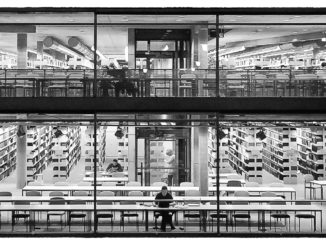

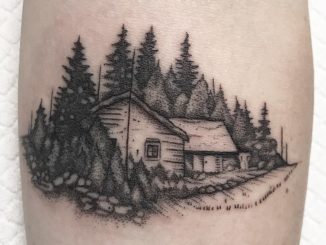
Be the first to comment